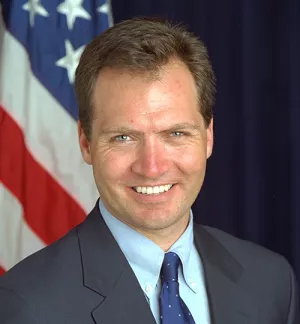Americans have come to accept that they are no longer safe from terrorist acts on U.S. soil. Images of the destruction caused by terrorism come to mind with simple phrases such as Oklahoma City and World Trade Center.
With the sarin nerve gas attack on Tokyo''s subway in 1995, biological and chemical attacks entered the realm of possibility. As the nature of terrorism in the post-Cold War world has changed, so must the response.
But response efforts are difficult to coordinate because they involve multiple agencies and levels of government. For example, over 100 local law enforcement agencies were involved in security preparations for the Atlanta Olympics.
In addition, preparing for and responding to domestic terrorism requires joint efforts by officials from federal, state, and local governments who do not usually work together.
In an effort to help meet the challenges facing emergency response officials, the Executive Session on Domestic Preparedness, working in conjunction with the U.S. Department of Justice, gathered senior emergency officials and experts from federal, state, and local governments together with Harvard faculty for a meeting in December. The group will meet five more times over the next two years.
Discussion during this initial meeting focused on several broad issues including capacity building, coordination, and legal authority. Most members of the group agreed that the domestic terrorist threat is a serious and growing challenge for the nation and that current preparedness is limited.
Recognizing that effective preparedness involves technical, legal, and operational expertise that goes far beyond the capability of any single organization, the group focused on the need for a system to coordinate the activities of the large number of involved agencies.
Richard Falkenrath, Principal Investigator of the Executive Session, said, "adequate preparation is as much a national security challenge as it is a problem of public management."
The objective of the Executive Session, jointly sponsored by the Belfer Center and the Taubman Center for State and Local Government, is to become a major resource for federal, state, and local government officials, congressional committees, and others interested in preparation for a coordinated response to acts of domestic terrorism.
Falkenrath continued, "I am optimistic that this unprecedented collaboration will generate new insights and research that will be of use to any government concerned by the threat of terrorism."


